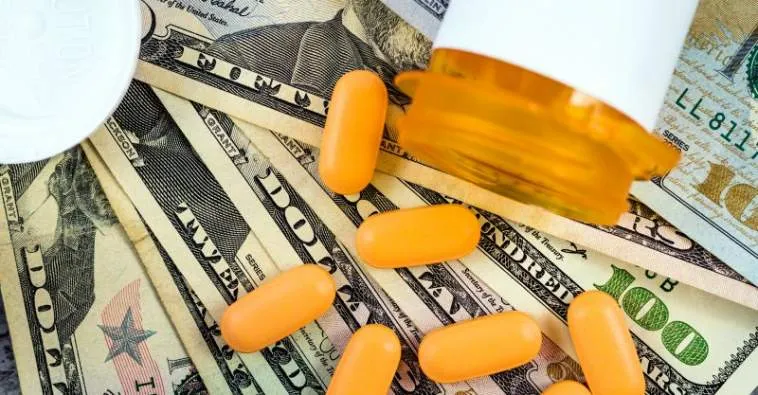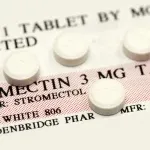From ChildrensHealthDefense.org…
Regulatory agencies, says Encyclopedia Britannica, are a uniquely American institution. Though conceptualized as mere advisory bodies at the time of their emergence in the late 19th century, federal regulatory agencies have since acquired comprehensive legislative powers and even quasi-judicial powers — exercising “social control through rulemaking” with “almost no supervision by other branches of government.”
As legal scholars tamely explain, “unique pressures and influences … invariably push [regulators’] actions, and their decisions on policy questions, in a direction favored by regulated firms.”
This phenomenon, known as regulatory capture, has become the norm — not least because lucrative “revolving door” jobs generally await tractable regulators once they exit their government posts.
In the crowded field of captured agencies, the U.S. Food and Drug Administration (FDA) is one of the standouts. FDA gets 45% of its budget from the pharmaceutical industry, and fast-tracks more than 50% of the drugs it approves.
Consumer watchdog groups accuse the FDA of having evolved from a “hard-charging tiger of an agency” a century ago, to a “pliant pussycat” today.
FDA states that drug recalls are initiated either “by FDA request” or “on a company’s own initiative.” According to the consumer website Drugwatch, however, FDA “can only recommend” but not force a recall.






